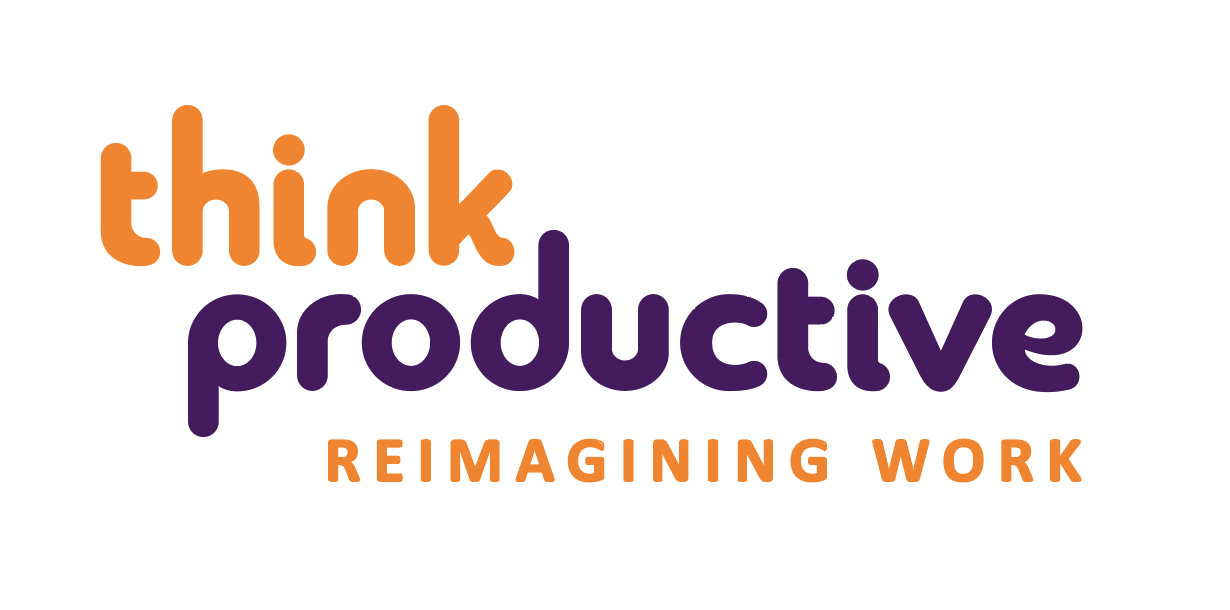We don’t know about you, but it’s always nice to be invited to a party, isn’t it? Even if you don’t want to go, someone is suggesting that they would like you there for a special occasion. And for most people, that feels kind of nice. We fear we are applying the same logic to meeting invites.

If we receive an invitation to a social event, it’s likely to be from someone we like. Which means we will want to accommodate their request. That, and well, it’s nice to be asked. So, the first thing we will do is look in the diary and see if we are able to go. And we believe that’s what many of us in the workplace do when we’re invited to a meeting. The first reaction is to check the diary to see if we’re available and if we are, we immediately hit ‘attend’. Which is why we meet so many people in our time management workshops, who complain about the number of meetings they attend. They describe them as a drain on productivity and in some cases their motivation and wellbeing too. Let’s face it, if you look at your calendar for the upcoming week, chances are, you’re not really looking forward to any of these meetings – are you?
So, instead of keep on clicking ‘attend’, here’s a method to trim down the amount of meetings you attend and to ensure the one’s you attend will be worth your time.

Questions to Ask When Responding to Meeting Invitations
In the world of work, there is a purpose to our roles. What would your day look like if you only attended meetings that help you meet the purpose of your role or your organisation’s wider objectives? It won’t just boost your productivity and improve your meeting facilitation skills, but it’ll also boost your motivation and lower your stress levels.
So, going forward, for each meeting invite that you receive, ask yourself:
- How will going to the meeting help me achieve my goals?
- Will going to the meeting help me achieve broader business objectives?
- What is expected of me? If that is clear, ask yourself if someone else could do that role instead of you (I’m a big fan of delegating, especially if that presents a learning opportunity for someone else).
- If I go to this meeting, what other work will not get done? If I decide to go to this meeting and do the other work, does that mean I miss time with family or friends or doing whatever I enjoy? Is the meeting more important than those things?
How many meetings do you have in your diary for today, this week, next week, next month? After answering the above questions, do you still feel that you’ll be able to add value to all of them?
We know all too well from our effective meetings training that sometimes meeting invitations won’t have enough information included for us to answer the above questions. Instead of just automatically accepting the invitation, make sure you ask for the information you need. After all, if you received a party invite that didn’t explain what the party was to celebrate, I am sure you’d feel fine in asking ‘what are we celebrating?’. Also, chances are, the meeting itself will be much better structured, once you ask for a more detailed agenda.
By Hayley Watts
Hayley is Think Productive’s Productivity Ninja for London and the South East. Read more of Hayley’s tips here.
